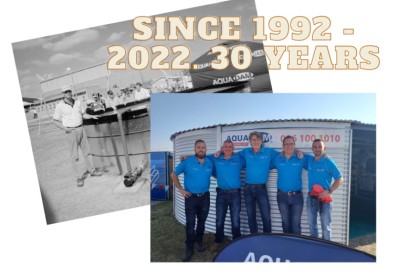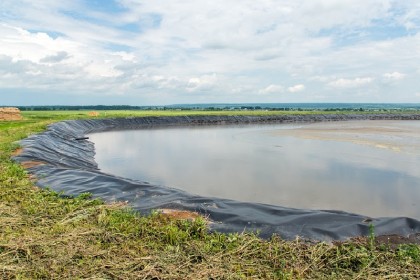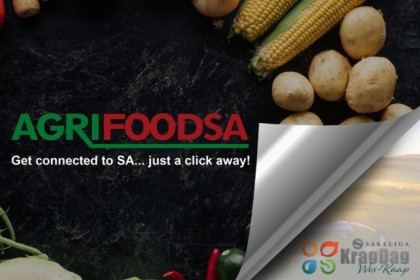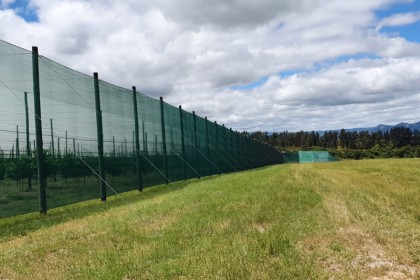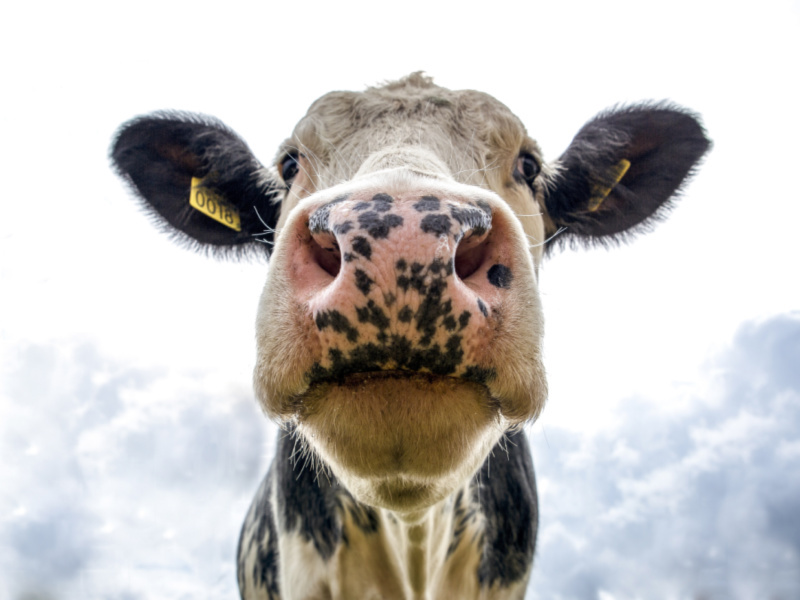
APAC: Biosecurity Rules For Livestock Agents
Mr. Francois Knowles, Registrar of the Agricultural Produce Agents Council (APAC) confirmed that the Biosecurity Rules for Livestock Agents (Rules) were gazetted on 13 November 2021. The rules serve to ensure that the South African Livestock and Game industries comply with the World Animal Health Organisation (OIE) terrestrial code to enhance international trade and to regulate livestock agents locally. The rules emphasise the precautions that must be taken at auctions (as a second level of detection for animal diseases) to reduce the risk of spreading controlled, notifiable, and other animal diseases.
Livestock agents must ensure the following:
- Compulsory registration with APAC.
- Appointment of a “Biosecurity Officer” who must be registered with the SA Veterinary Council – this person is responsible for an Auction Biosecurity Plan and must oversee general compliance of the Rules.
- Division of the auction facility into areas of varying risk such as an arrival area, a quarantine area, a vehicle parking area, a bio-secure area, and demarcated areas for third parties.
- Proper and accurate recordkeeping at the auction facility to ensure that all transactions are carried out in accordance with an auditable and traceable process.
- Documentation at an auction is crucial and adherence must be given to ownership verification (such as the Id of the owner), valid Article 6 & 8 documentation (in terms of the Stock Theft Act), and a health declaration by the owner (Animal Health Owner Attestation) to ensure that animals are disease free as far as is practical possible.
- Verification of Brand Registration (in terms of the Animal Identification Act) must be submitted by the owner of an animal that is presented for sale.
- Suspicious animals, or animals that do not comply with marking requirements must be reported to the local Stock Theft Unit (SAPS) when identified.
An external audit of all auction facilities is underway and will be enforced bi-annually to ensure full compliance to the Rules. These audits are done by the Foot-and-Mouth Forum under the leadership of Mr. Willem van Jaarsveld. The results thus far have been exceptional and livestock agents are true champions in playing their part to ensure compliance to the rules.
Knowles said that “auction facilities and livestock agents have come a long way since the outbreak of Foot-and-Mouth Disease at the end of 2019. They have moved mountains to ensure compliance to the new biosecurity rules and we are glad that they have accepted responsibility for animal health in the livestock and auction value chain”.
He however cautiously added “as well as most registered APAC livestock agents are progressing and performing, we must ensure that all livestock agents achieve the same high standard of traceability that the Rules seek. A chain is as strong as its weakest link, and this is certainly true with auctions. We will persist to ensure that auctions and livestock agents are on par whatever it takes”.
Knowles concluded that a report will be provided to the Minister of Agriculture, Land Reform and Rural Development early in 2022 as feedback on progress made.
For easy reference, a copy of the rules can be obtained from the Agricultural Produce Agents Council (APAC) website at www.apacouncil.org.za.







